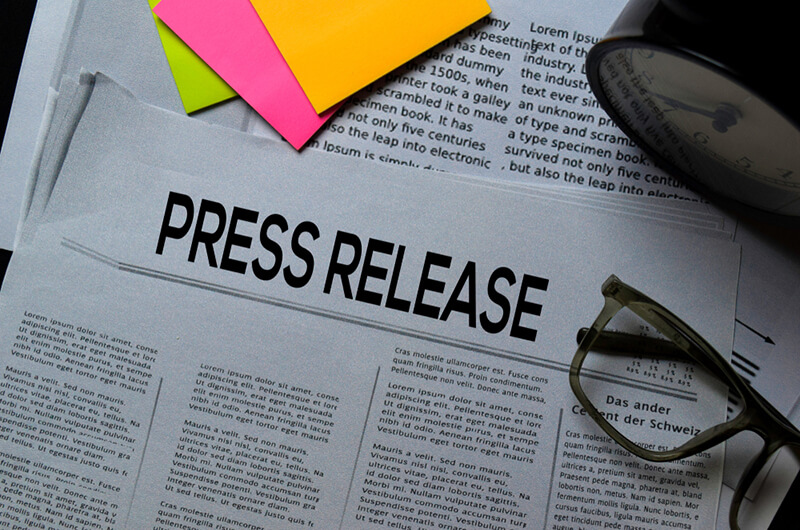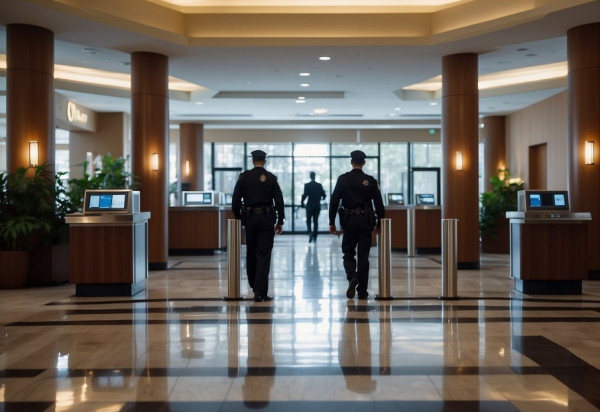Preventive Measures and Security Protocols in Hotels


United States, 13th Apr 2024 – As the hospitality industry thrives, the safety and security of guests and staff remain paramount. Hotels are increasingly adopting comprehensive preventive measures and security protocols to mitigate risks and ensure a secure environment. These strategies are critical in addressing a wide range of potential threats, from physical hazards to data breaches, thereby fortifying the trust guests place in hotel establishments.
Implementing cutting-edge security technology and regular staff training are core components of a robust hotel security framework. Surveillance systems, access controls, and cybersecurity measures are employed to effectively monitor and safeguard the premises. The evolving landscape of hotel security also requires continuous reassessment and updating of protocols to adapt to new challenges.
Hotel security protocols not only protect guests and staff but also serve as a determinant in the reputation and success of the hospitality business. A commitment to rigorous security measures is a vital aspect of hotel management, reflecting the industry’s dedication to offering a safe and welcoming environment for all.
Establishing Hotel Security Protocols
Hotel security protocols are essential for ensuring a safe environment for guests and staff. They mitigate potential threats and reduce the risk of incidents such as hotel assault lawsuits.
Assessment and Risk Management
A thorough risk assessment is the foundational step in establishing hotel security protocols. It involves:
● Identifying potential security threats (e.g., theft, assault, vandalism)
● Evaluating the likelihood and impact of these threats
● Prioritizing risks based on their severity and frequency
Risk management strategies should then be designed, including controls and procedures to prevent, detect, and respond to these identified risks.
Employee Training and Awareness Programs
Training programs equip hotel staff with the knowledge and skills to maintain security and handle emergencies. Key elements include:
● Regular training sessions on security protocols and emergency procedures
● Awareness programs to ensure staff can recognize and report suspicious activity
● Simulation drills to test and improve response to security threats
Effective training and awareness programs can significantly decrease the likelihood of security incidents and potential lawsuits.
Surveillance and Monitoring Strategies
Surveillance systems are critical for hotel security. They should incorporate:
- CCTV cameras in strategic locations
- Access control systems to manage entry points
- Alarm systems to alert staff to security breaches
These technologies enable the monitoring of guest and staff activities, deterring misconduct and providing evidence in the event of legal issues such as assault claims.
Guest Safety Measures
Guest safety is paramount, and hotels must implement measures like:
● In-room safes: For guests to secure their valuables
● Information cards: In rooms detailing emergency exits and protocols
● 24/7 front desk: To assist guests at any time
Ensuring guest safety not only fosters a secure environment but also protects the hotel from liabilities, including assault lawsuits.
Legal Framework and Compliance
Hotels operate under a complex web of legal regulations that mandate adherence to safety standards and protocols for protecting guests. This section unpacks how hotels can understand and comply with legal obligations, handle assault incidents, and collaborate with law enforcement effectively.
Understanding Legal Obligations
Statutory Requirements: Each country and jurisdiction has its own set of laws governing hotel operations. Hotels must adhere to these regulations, which cover areas such as fire safety, food hygiene, and guest security. Documentation Compliance: Hotels must maintain up-to-date records demonstrating their compliance with all applicable laws, including building codes and health regulations. Failure to comply can lead to hefty fines, legal action, or closure.
Handling Hotel Assault Incidents
Immediate Response: When an assault occurs on hotel property, the hotel must have protocols in place to ensure the immediate safety of the victim and other guests. This includes providing first aid and securing the scene. Reporting and Support: The hotel must report the incident to the local authorities and assist with any subsequent investigations. In the event of a hotel assault lawsuit, hotels need to have legal teams prepared to handle the case while ensuring the victim’s rights are respected throughout the process.
Collaboration with Law Enforcement Agencies
Ongoing Training: Hotels should provide regular training for staff on how to appropriately interact with law enforcement. Information Sharing: In the case of an incident, hotels are expected to cooperate with law enforcement agencies, sharing relevant information while respecting the privacy of their guests. Joint Exercises: Participating in joint security exercises with local police can prepare both hotel staff and law enforcement to respond effectively to incidents on hotel premis
Media Contact
Organization: On the map
Contact Person: Damian Allen
Website: http://onthemap.com/
Email: Send Email
Address: 1 SE 3rd Ave Suite 2050, Miami, FL 33131.
Country: United States
Release Id: 13042411062
